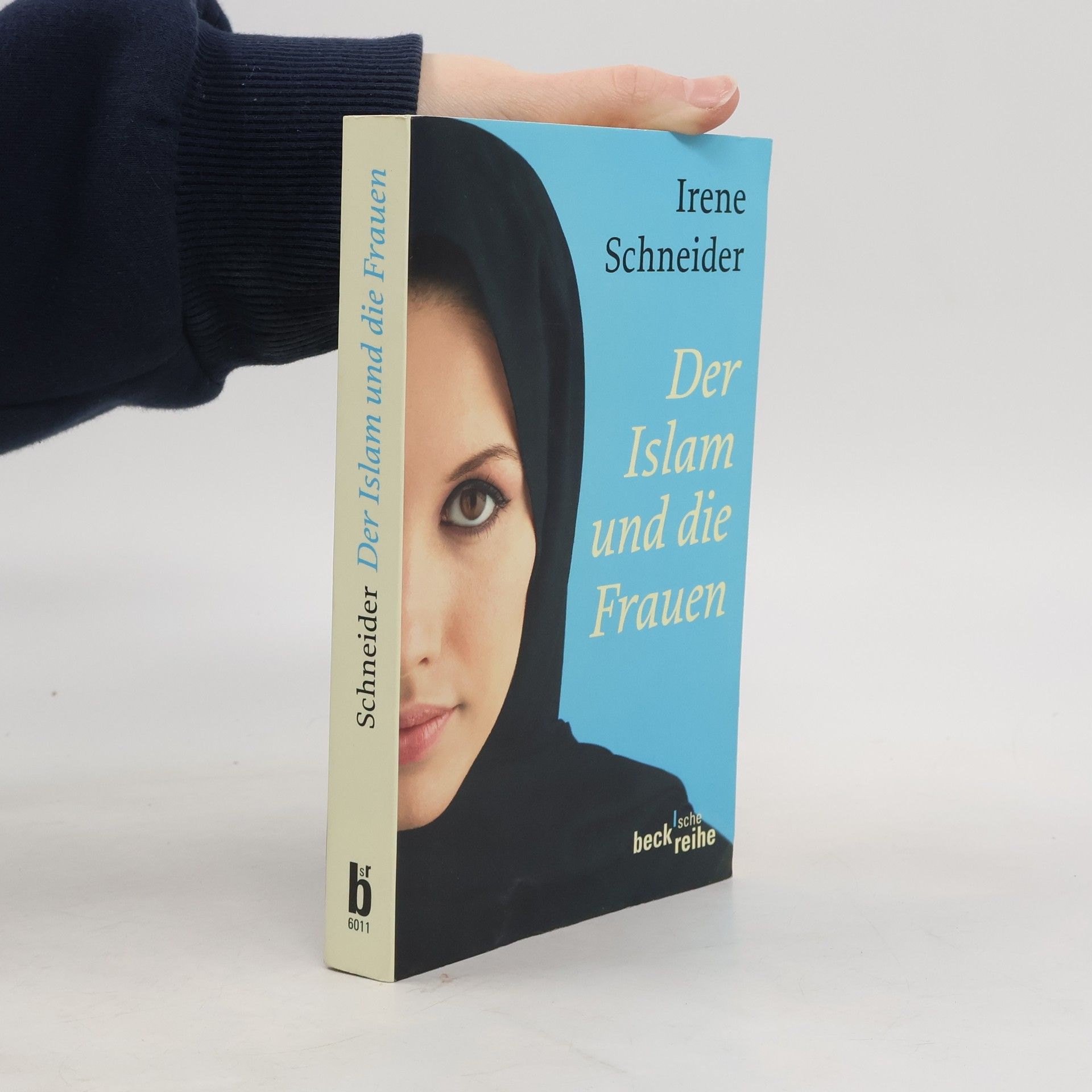Migration und Heimatrecht
Herausforderungen muslimisch geprägter Zuwanderung nach Deutschland
Dieser Sammelband, hervorgegangen aus der Jahrestagung der Gesellschaft fur Arabisches und Islamisches Recht 2019 an der Georg-August-Universitat Gottingen, befasst sich mit Migration und Heimatrecht. Die Relevanz der Thematik ergibt sich aus der zahlenmassig grossen Zuwanderung Fluchtender aus den Kriegs- und Burgerkriegsgebieten des Nahen Ostens, vor allem Iraks und Syriens, die vorwiegend in den Jahren 2014 und 2015 nach Deutschland kamen. Thematisiert werden zum einen der Umgang des deutschen Rechtssystems mit konkreten Rechtsfragen und typischen Problemstellungen, die sich aus der Situation der Migration ergeben. Aber auch die Heimat- bzw. Ausgangsrechte sowie die gesellschaftliche Situation der Migrant*innen in ihren Heimatlandern, die fur diese Menschen bis zum unfreiwilligen Verlassen ihrer Lander ihre selbstverstandliche rechtliche Lebensgrundlage bildeten, werden angesprochen. Die Autor*innen dieser Beitrage sind Jurist*innen und Islamwissenschaftler*innen, aber auch Praktiker*innen, die Einblicke in praktische Aspekte des Familienrechts und hier vor allem des Kindeswohls in Deutschland geben. Der Band lotet aus, wie und in welchen Formen gesellschaftliche und familiare Einbettungen von Migrant*innen im Rahmen der bundesdeutschen Ordnung funktionieren.

